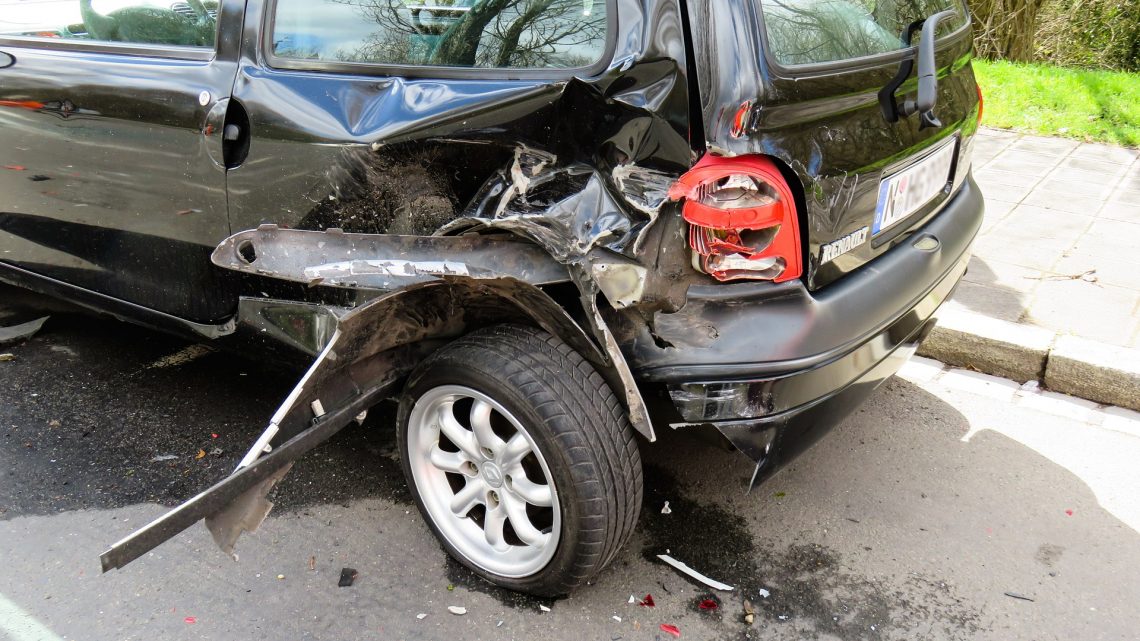Negligence and carelessness are sometimes used interchangeably, but the law sets specific definitions for each and they carry different consequences. It’s important to understand how negligence and recklessness impact a personal injury case and its outcome. An injured victim may be able to obtain compensation for someone’s negligence and recklessness.
What is Negligent Driving?
Negligence occurs when someone acts with unreasonable care and this carelessness causes an accident resulting in injuries. In a case involving negligence, the at-fault party owed the victim a duty of care and they breached this duty. Negligent drivers can cause serious accidents that result in permanent or even fatal injuries. Some examples of negligent driving include:
- Texting and driving
- Distracted driving
- Driving drowsy
When a negligent driver causes a car accident, he can be held liable for damages suffered by the injured parties.
What is reckless driving?
Recklessness is a more serious offense compared to negligence. Reckless behavior means that the person knew or should have known that their actions could cause someone harm, but even with this knowledge, the person continued to engage in these dangerous actions. A reckless driver is not the same as a negligent driver, a person driving recklessly knowingly takes a risk, a negligent person may be unaware that their behavior could cause someone harm. Examples of reckless driving behaviors involve:
- Drag racing in a residential neighborhood
- Driving too fast based on the road’s conditions
- Ignoring traffic signs
- Tailgating or following too closely
Penalties for Reckless Driving in California
Reckless driving in California is a criminal offense with criminal penalties. Reckless driving is a misdemeanor punishable with 5 up to 90 days in jail and/or a fine of $145 to $1,000. The consequences for reckless driving that results in injuries are more serious, they carry 30 days to six months in jail and/or $200 to $1,000 in fines.
Negligence vs. Recklessness in a Car Accident Claim
In every personal injury case, the criteria for negligence must be met. The elements required to prove negligence include, owing a duty of care, breaching this duty, the breach of duty caused the victim’s injuries or other losses, the victim suffered injuries or other damages. In cases where the defendant engaged in reckless behavior, they could be criminally charged for their actions and besides paying compensatory damages, they may also have to pay the victim punitive damages. These damages are awarded by the court to punish defendants whose behavior showed they were grossly negligent.
If you were recently involved in a car accident, it’s best to discuss your accident with a car accident attorney in your city. An attorney will be able to determine if you have a valid personal injury case against the party responsible for causing the crash. An attorney will thoroughly investigate your accident and recommend if punitive damages may be available in your case. If the driver that caused your accident is found to have acted recklessly, you may be able to obtain additional compensation in the form of punitive damages.




No Comment